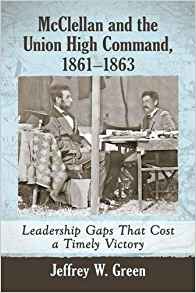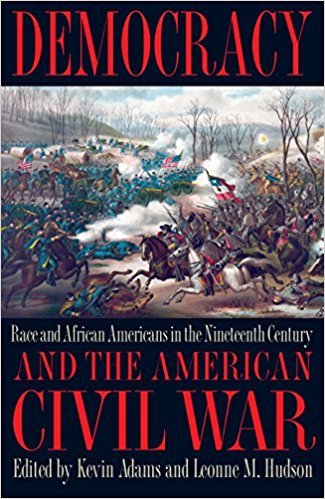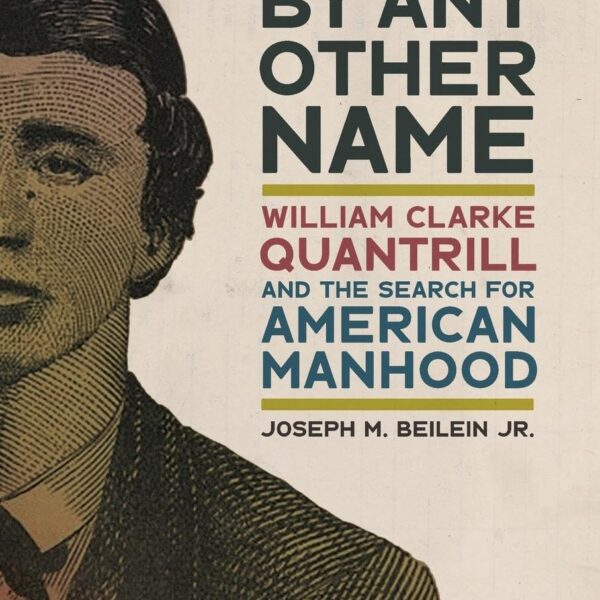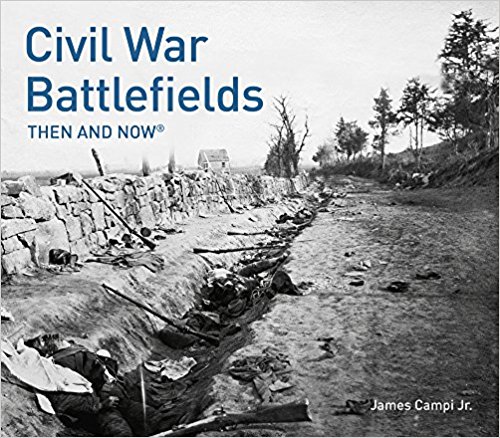“Don’t tell father I have been shot at”: The Civil War Letters of Captain George N. Bliss, First Rhode Island Cavalry edited by William C. Emerson with Elizabeth C. Stevens. McFarland, 2017. Paper, ISBN: 978-1476673912.$49.95.
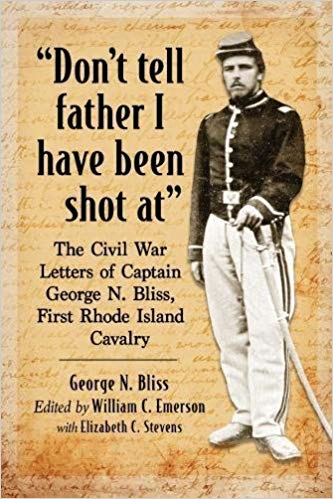 The publication of the letters and diaries of Civil War officers and men appears to continue unabated. Unquestionably, their contemporary words provide an immediacy to events and a timely glimpse into such things as morale and internal disputes within units. But with hundreds, if not thousands, of similar books already on the shelves, does another one merit publication?
The publication of the letters and diaries of Civil War officers and men appears to continue unabated. Unquestionably, their contemporary words provide an immediacy to events and a timely glimpse into such things as morale and internal disputes within units. But with hundreds, if not thousands, of similar books already on the shelves, does another one merit publication?
George N. Bliss, the author of these letters, enlisted as a private in the First Rhode Island Cavalry in the fall of 1861. A college graduate and antebellum lawyer, the 24-year-old Bliss soon received a commission as lieutenant in the regiment. He was promoted to captain in time and served until discharged in May 1865.
Bliss and the First Rhode Island Cavalry arrived in Washington, D.C., in March 1862, and were assigned to duty in what would become the Army of Virginia. The regiment conducted standard mounted operations during the summer, serving under its newly appointed commander, Colonel Alfred N. Duffie. The regiment was engaged in its first battle at Cedar Mountain on August 9, and then saw action at Second Bull Run three weeks later.
From September 1862 until the war’s end, the First Rhode Island Cavalry served with the Army of the Potomac’s mounted units and with Philip Sheridan’s Army of the Shenandoah. The regiment’s most harrowing ordeal occurred on June 17-18, 1863, when it was forced to fight its way through a circle of Confederate horsemen at Middleburg, Virginia, losing more than 200 officers and men out of nearly 300. The survivors remained in Virginia as their comrades headed north to Gettysburg, Pennsylvania.
During the conflict’s final year, the Rhode Islanders fought in the Overland and Petersburg campaigns before serving in the Shenandoah Valley. Combat casualties and disease reduced their ranks to a battalion of four companies by January 1865. The regiment mustered out eight months later in August.
Bliss served as a company commander for much of the time with the regiment. He spent nine months on duty at a conscript camp in Connecticut from August 1863 to April 1864. On September 28, 1864, Bliss was captured in an action with Confederate cavalrymen in Waynesboro, Virginia. He was held in Libby Prison in Richmond until paroled on February 5, 1865. He was on duty at Annapolis, Maryland, when discharged.
The Civil War veteran had an active postwar career. He married, fathered six children, served as a state legislator and as a district judge for nearly five decades. Bliss was awarded the Medal of Honor in 1897 for the action in Waynesboro. He died at the age of ninety-two in August 1928.
This book contains 156 letters of Bliss to his fellow collegian, attorney, and close friend, David Gerald. It also has two other letters and nearly twenty contemporary articles from the Providence Evening Press. Most of Bliss’s letters to Gerald are rather lengthy and revealing. His longest missives are on the Chancellorsville Campaign, the disaster for the regiment at Middleburg, and his capture at Waynesboro.
Bliss complained a great deal in the correspondence, griping about the regiment’s initial senior officers (arguing, like others, that McDowell was a traitor), and blamed politicians in Washington for much of the army’s problems. He admired Duffie and supported the Union cause without reservation. Although he thought well of George McClellan as the army’s commander, Bliss voted for President Lincoln in 1864.
A reader should not expect detailed and noteworthy accounts of mounted actions in the major campaigns in the East during the war. Bliss concerns himself primarily with difficulties in the regiment and with happenings at home in Rhode Island. Gerald received all of Bliss’s frank opinions and innumerable complaints.
The editors have included lengthy and helpful annotations to the letters and a slim chapter on Bliss’s postwar life. However, at $49.95, this softcover book seems to be rather expensive.
Jeffry D. Wert is the author of many Civil War titles. His most recent book is Civil War Barons.

